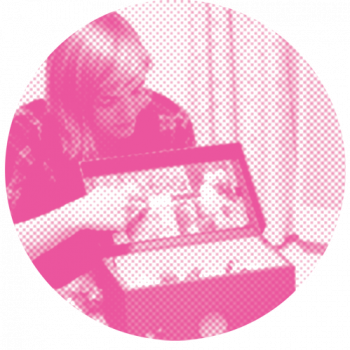In The Moment
How can we assess ‘In the moment’ experiences for people living with dementia?
Evidence for the effectiveness of arts and creative activities on a broad range of health issues is getting stronger. For people living with a dementia, for example, participation in arts and creative activities is now understood as an important route to reduced anxiety, greater socialisation, and improved confidence. There are, however, considerable challenges in building an evidence base for such work with appeal across disciplines and professional bodies active in the field. Differences in evaluation approach are further compounded by the challenges of evidencing often subtle and subjective changes in quality of life that arise from arts-based interventions. In a complex health field sustained by – not in spite of – the diversity of sector partners involved, there is a need to deepen our understanding of what evaluation can be and who it serves.
A Wicked Problem
A classic wicked problem, tensions emerge between the evidence needs of businesses, innovation funders, health research, and individualised person-centred care. A clumsy solution might want to balance an authoritative position on evaluation with the strength of a co-produced evidence base and the insight of individual reporting. supersum were approached by Studio Meineck with such an evaluation challenge in late 2019. Their product – Music memory Box – offers a highly innovative approach to helping people with a dementia be engaged ‘in the moment’. Through RFID technology, objects can be paired with sound files, creating multi-sensory triggers for reminiscence activity on people, places, and things. Its impact is uniquely individual and hard to measure.
“Two commonplace beliefs about the arts and dementia: (1) it works, and (2) this is hard to prove”

The Story So Far
Working with Dr Karen Gray, a specialist in the methodological challenges of arts and health evaluation, we have developed a bespoke experiential model for Music Memory Box. Rather than positioning evaluation as independent of the creative activity it asses, we treat box-use and evaluation as connected, critical events within an ongoing adaptive user behaviour. Here, we recognise how methods not only uncover realities but also help produce them, a perspective that forces into the open the different values at play when making an intervention and evaluating its impact for individuals. Our approach also works with the high levels of contextual variation in box-use that are an integral element of the box’s successful tailoring to individual needs – introducing scalability into the use of our model. This work has been funded by Nesta.
The Approach
Project Partners

